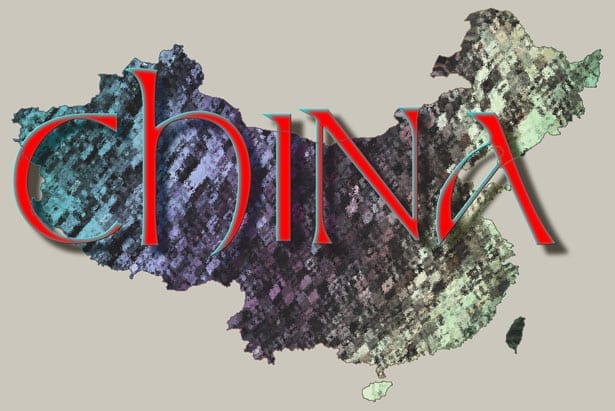The country saw a profit of 204.7 billion yuan in 2014, which was over twice what was seen in 2013.
The insurance industry in China has now recorded a record breaking profit last year, when it recorded a profit of 204.7 billion yuan (about $32.84 billion), which represented more than double the amount that was brought in during 2013, according to data from a regulator.
The China Insurance Regulatory Commission released a press document providing insight into the sector’s performance.
It showed that the premium investment capital gains from last year were 535.9 billion yuan, and that they saw a 6.3 rate of investment return. Overall, the total premium income by companies in the insurance industry came to about 2.02 trillion yuan in 2014. This represents a 17.5 percent year over year increase.
The total assets of the Chinese insurance industry sat at about 10.2 trillion yuan by the close of 2014.
 This represented a rise in the insurance sector’s total assets by a considerable 22.6 percent, when compared to where they had been at the start of last year. This is likely a direct reflection of the significant changes that China has been making in reforming its insurance fund investment, and in the steady progress that they have been making in that area.
This represented a rise in the insurance sector’s total assets by a considerable 22.6 percent, when compared to where they had been at the start of last year. This is likely a direct reflection of the significant changes that China has been making in reforming its insurance fund investment, and in the steady progress that they have been making in that area.
In 2014, the China Insurance Regulatory Commission eased some of its restrictions when it came to allowing insurance companies to invest in the ChiNext board. That is the country’s equivalent to Nasdaq, which is made up of companies in the high tech arena, as well as those that have considerable potential for growth.
The changes that were made to the regulations also made it possible for private investors and overseas investors to be able to step into the insurance industry in the country. Moreover, the share holding limit was also increased in mergers and acquisitions, to become 20 percent. All of this has opened up a new world of opportunity for the sector in China and it is clear that this has started to have a notable impact on profits when compared to what they had been when the tighter restrictions had been holding them back.
